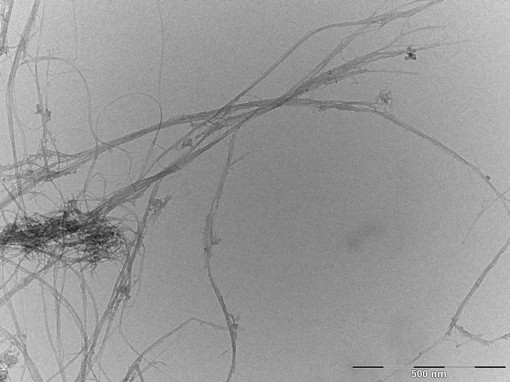
Leanne Pasquini, PhD Candidate, Environmental Engineering, and member of the Center for Green Chemistry and Green Engineering at Yale has been awarded the National Science Foundation’s Graduate Research Fellowship.
“The National Science Foundation’s Graduate Research Fellowship Program (GRFP) helps ensure the vitality of the human resource base of science and engineering in the United States and reinforces its diversity. The program recognizes and supports outstanding graduate students in NSF-supported science, technology, engineering, and mathematics disciplines who are pursuing research-based master’s and doctoral degrees in the U.S. and abroad.” [Excerpt from NSF Website]

Leanne’s fellowship will support her research on Nanotube Design.
Proposed Project Title: Engineering a Greener Tomorrow One Carbon Na notube at a Time: An In Depth Study of Non-Toxic Single Walled Carbon Nanotube Design
The overall goal of this project is to examine the toxicity and environmental implications, including the fate and transport, of pristine and functionalized single walled carbon nanotubes. This will be accomplished by first fully characterizing purchased and synthesized tubes using Thermogravimentric Analysis (TGA), Raman Spectroscopy, Scanning Electron Microscopy (SEM), Energy Dispersive X-Ray Analysis (EDX), Transmission Electron Microscopy (TEM), and X-Ray Photoelectron Spectroscopy (XPS). Once the tubes are characterized, a comprehensive comparative toxicity analysis will be completed using a fluorescent filter dye assay and E. coli k-12. To determine how changes in environmental conditions (namely pH) affect the physicochemical and toxic behavior of the nanotubes, they will be introduced to environments of varying pH followed by full characterization as before. The results collected will provide evidence to the scientific community and decision-makers involved in regulation and policy related to nanotechnology, as well as the general public supporting the future utility of functionalized SWNTs as a “greener” option to current carbon-based nanotechnology.
